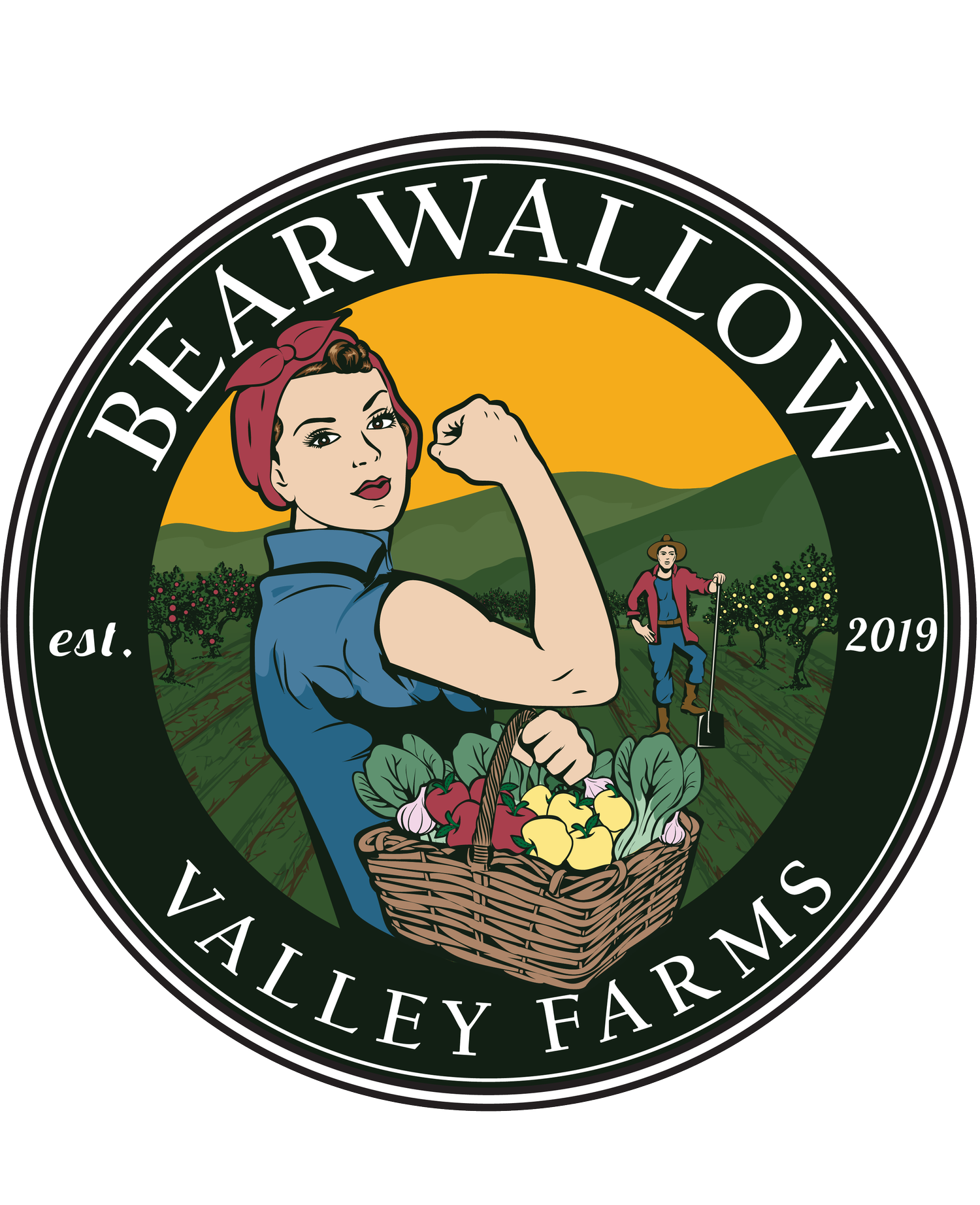Herbal Healing Garden
3 Must-Have Plants!
There’s nothing like summer to get you thinking about growth, renewal, and fueling the body and mind with fresh air. Many of us are tending flower and vegetable gardens in the spring and summer. Have you ever considered growing a medicinal herb garden? There are so many options out there but here are three easy options to get your herbal healing garden up-and-running:
1. Lavender
Lavender is known for its delicate, sweet scent – a favorite component for essential oils and perfumes. Did you know lavender also has several health benefits? Its scent is considered calming and has been shown to reduce anxiety. It is also believed to be antiseptic and anti-bacterial, making it a good choice for soothing salves to heal minor burns or insect bites. Lavender’s long, bouncy stems and abundant blooms will look beautiful in your garden and find plenty of uses in the home!
2. Peppermint
You’re probably familiar with peppermint and its strong, cooling flavor. You may already use minty toothpaste or chew peppermint gum. Peppermint has also been shown to relieve nausea and symptoms of irritable bowel syndrome. The good news is there is no complicated processing required for taking peppermint from the garden to the kitchen. Just pinch off a few leaves and steep them in hot water to make a fresh, restorative tea. Peppermint is an easy-to-grow, low maintenance plant. However, it spreads quickly and fervently, so it’s helpful to grow peppermint plants in containers instead of garden beds.
3. Rosemary
Who doesn’t love using a sprig of rosemary to season meats, stews, or roasted vegetables? Its earthy aroma adds a delicious complexity to any dish in the kitchen, but it also has medicinal benefits. Rosemary is an anti-inflammatory and antioxidant and has been shown to improve mood, memory, and sleep. Bonus tip: rosemary is a hardy perennial plant that can be grown year round in many areas of the country!
Next spring, consider planting a medicinal herb garden. Gardening is a fun activity for the whole family and the pollinators will appreciate it, too!
Talk to your doctor before using herbs for medicinal purposes.
Written by: Leslie Threlkeld, WCU Nursing Student
Sources:
Alammar, N., Wang, L., Saberi, B., Nanavati, J., Holtmann, G., Shinohara, R. T., & Mullin, G. E. (2019). The impact of peppermint oil on the irritable bowel syndrome: a meta-analysis of the pooled clinical data. BMC complementary and alternative medicine, 19(1), 21. https://doi.org/10.1186/s12906-018-2409-0
Huang, M.-Y., Liao, M.-H., Wang, Y.-K., Huang, Y.-S., & Wen, H.-C. (2012). Effect of lavender essential oil on LPS-stimulated inflammation. The American Journal of Chinese Medicine, 40(04), 845–859. https://doi.org/10.1142/s0192415x12500632
Malcolm, B. J., & Tallian, K. (2018). Essential oil of lavender in anxiety disorders: Ready for prime time?. The mental health clinician, 7(4), 147–155. https://doi.org/10.9740/mhc.2017.07.147
MediLexicon International. (n.d.). Rosemary: Health benefits, precautions, and drug interactions. Medical News Today. https://www.medicalnewstoday.com/articles/266370
Mohr, C., Jensen, C., Padden, N., Besel, J. M., & Brant, J. M. (2021). Peppermint Essential Oil for Nausea and Vomiting in Hospitalized Patients: Incorporating Holistic Patient Decision Making Into the Research Design. Journal of holistic nursing : official journal of the American Holistic Nurses' Association, 39(2), 126–134. https://doi.org/10.1177/0898010120961579


